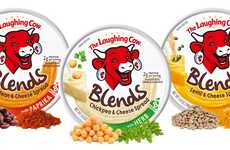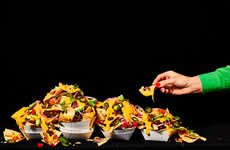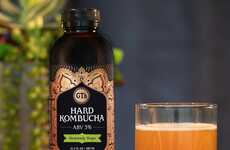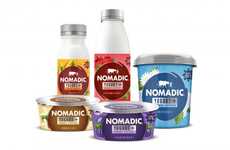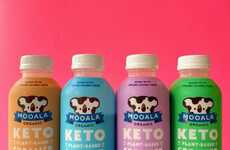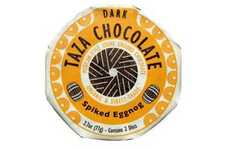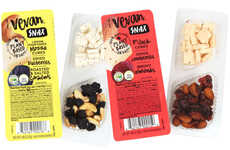



AI and biotechnology help advance dairy alternatives
Trend - Companies are leveraging AI, machine-learning algorithms and biotechnology to offer cow-free products that look, taste and have the same texture as conventional cow's milk. Milk alternatives are nothing new, but companies leveraging tech to create products that are indistinguishable from the real thing are making waves in the ever-evolving dairy space.
Insight - Beyond just animal welfare and health concerns, consumers want alternative vegan offerings that will reduce their carbon footprint. This deeper commitment to reducing the harm caused by the production of animal products sees brands offering solutions that reduce environmental impact. Many consumers, however, are not willing to compromise on taste when it comes to new alternatives. Consumers expect brands to offer solutions that make the change to a more sustainable lifestyle a seamless and easy transition.
Insight - Beyond just animal welfare and health concerns, consumers want alternative vegan offerings that will reduce their carbon footprint. This deeper commitment to reducing the harm caused by the production of animal products sees brands offering solutions that reduce environmental impact. Many consumers, however, are not willing to compromise on taste when it comes to new alternatives. Consumers expect brands to offer solutions that make the change to a more sustainable lifestyle a seamless and easy transition.
Workshop Question - How can your brand ensure seamless transitions to more sustainable solutions for its consumers?
Trend Themes
1. Tech-produced Dairy - Companies are leveraging AI, machine-learning algorithms, and biotechnology to offer cow-free dairy alternatives that have the same taste and texture as conventional cow’s milk.
2. Fermented Nutrient-rich Dairy - Companies are using biotechnology to ferment microorganisms and sugar to transform nutrients into milk proteins, resulting in sustainable and efficient dairy products that avoid compromising animal welfare and environmental harm.
3. Bio-engineered Animal-free Dairy - Food manufacturers are using bioengineering and microbial fermentation to develop lactose-free, hypoallergenic dairy products that replicate the taste, texture, and function of traditional dairy without ethical or environmental concerns.
Industry Implications
1. Biotechnology - Companies can leverage biotechnology to transform and optimize nutrient sources to create more sustainable, efficient, and ethical dairy products.
2. Artificial Intelligence - By using AI and machine-learning algorithms, companies can develop sustainable and efficient alternatives to traditional dairy products that are indistinguishable in taste and texture.
3. Plant-based Food - As the plant-based food market continues to grow, dairy companies can use plant-based alternatives and innovative technologies to meet consumers' demands for environmentally friendly, animal-free, and nutritious options.
